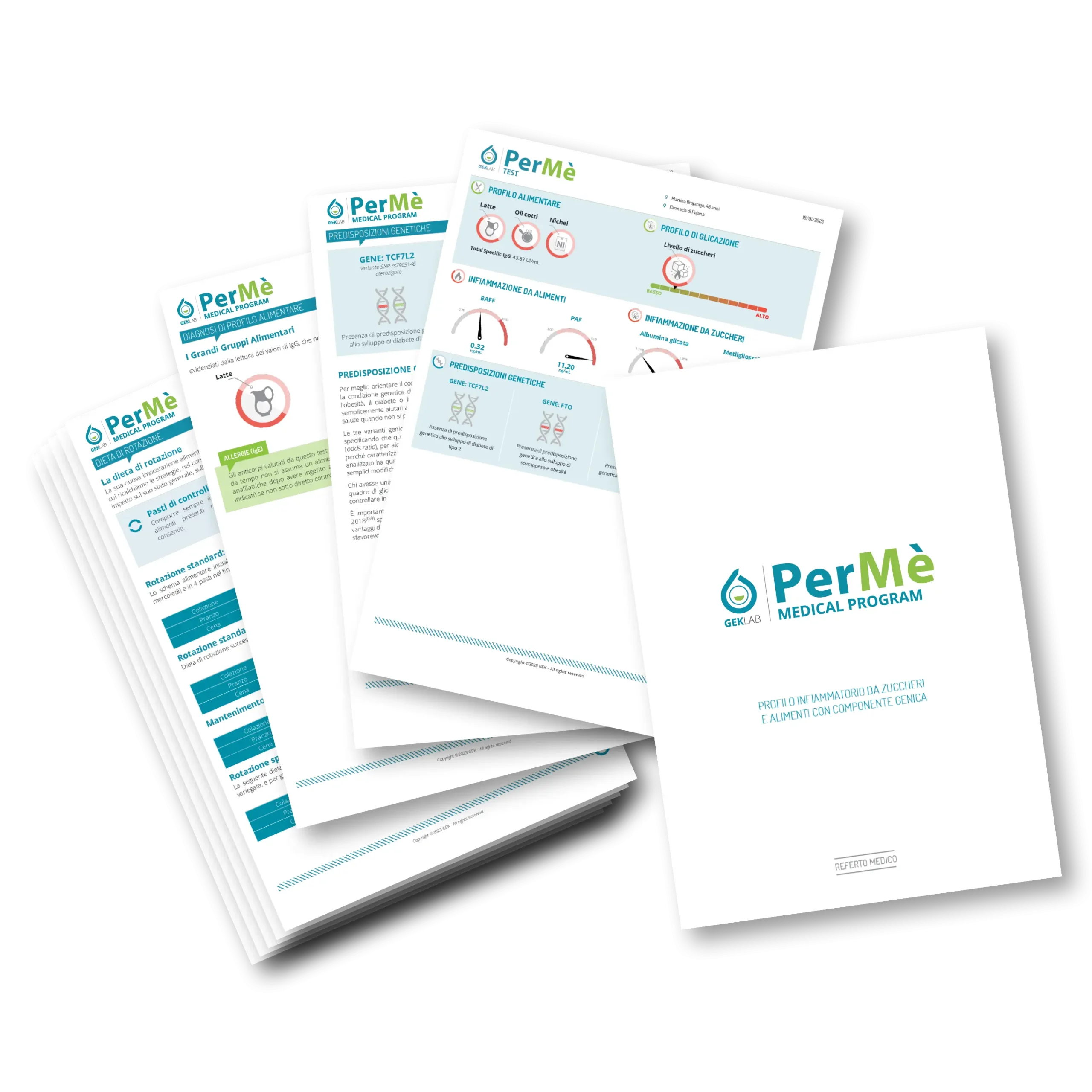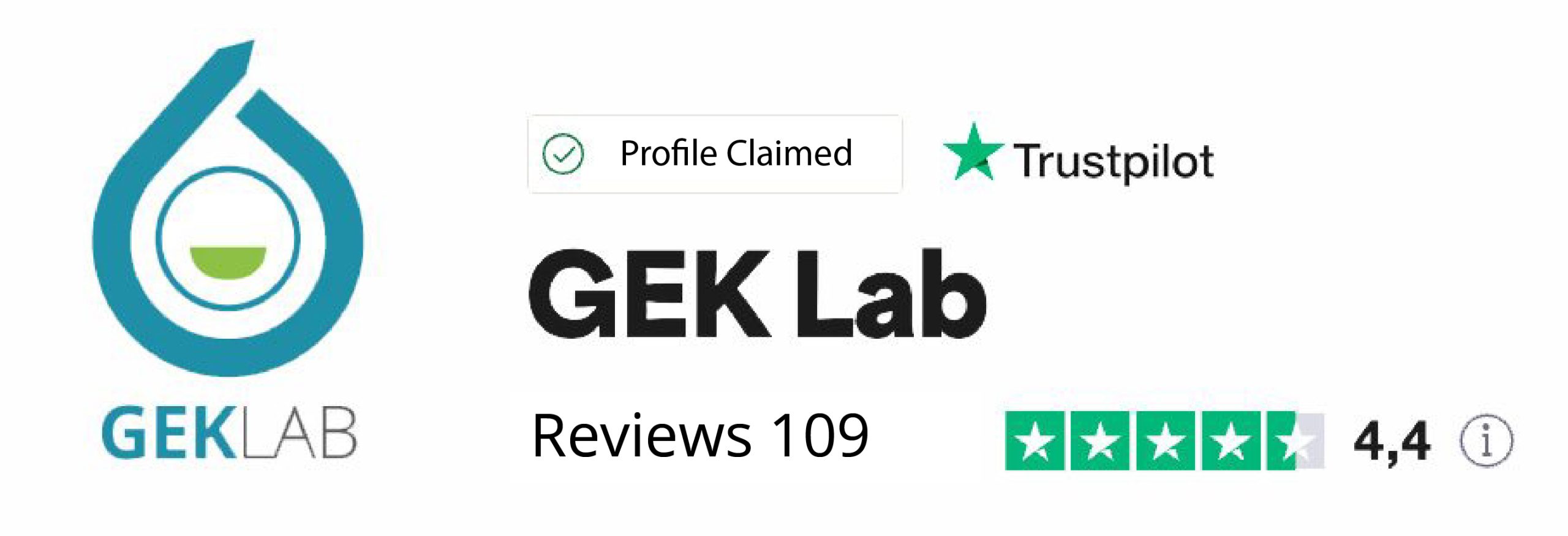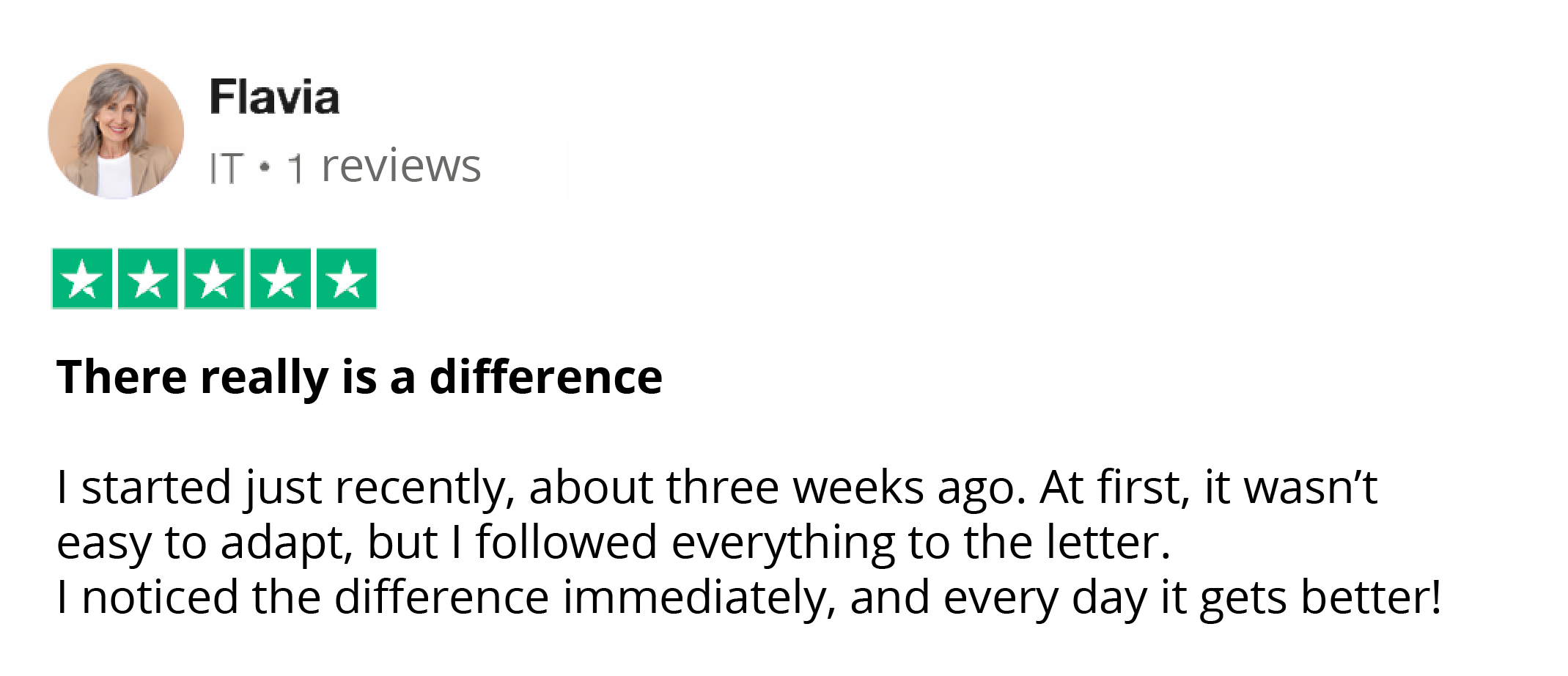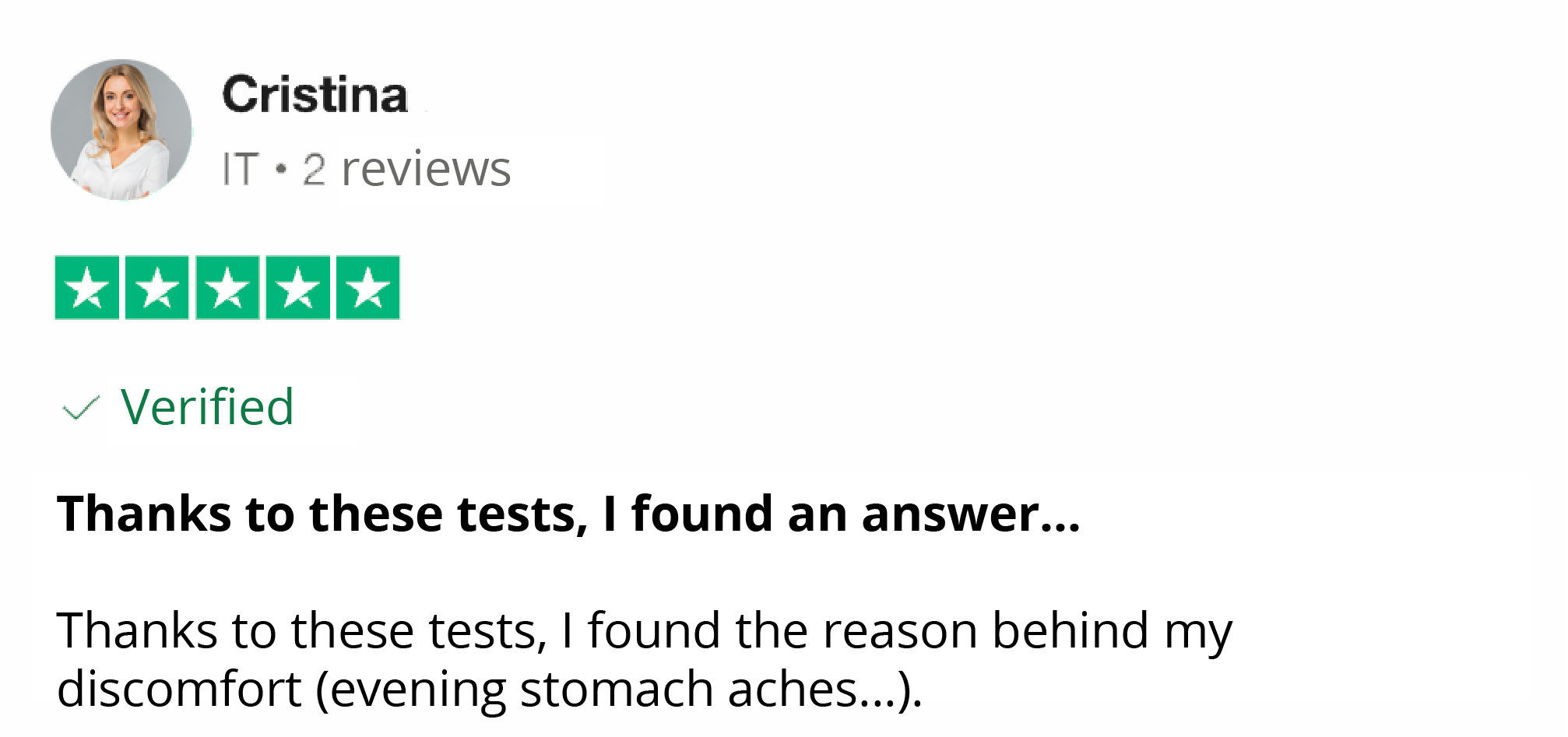Dermatitis
Understanding it better to truly manage it.
Skin reactions are often linked to an inflammatory state, which can be managed through proper nutrition.

- Inflammation of the skin that can appear in various forms (e.g., atopic dermatitis, psoriasis, rosacea, dyshidrosis)
- Redness, itching, and skin irritation
- Possible lesions, scaling, or blisters depending on the type
- Symptoms that can flare up or worsen due to internal and external factors
- High and habitual consumption of sugars and related substances (such as alcohol), leading to increased skin inflammation.
- Excessive and repeated consumption of certain types of foods, which can contribute to the symptoms.
- Multifactorial causes involving genetic predisposition, immune system dysfunctions, and environmental factors.
- Excess sodium in the diet
Your dermatitis may be linked to glycation — that is, inflammation caused by sugars or certain foods
Address it with the PerMé Medical Program

Simple test, clear results
- The sugar-related inflammatory state (Methylglyoxal, a biomarker of oxidative stress in tissues, including the skin)
- Excessive exposure of the body to specific classes of foods (IgG), such as cooked oils and those containing nickel
- The level of the body’s inflammatory state related to foods (BAFF and PAF)
- Genetic predisposition to autoimmune diseases, diabetes, obesity, and fatty liver disease
- If you are consuming an excess of sugars or certain foods
- If this excess is responsible for a latent inflammatory state that can trigger and sustain dermatitis
- How to limit sugars and rotate foods in your weekly diet to combat inflammation and resolve your dermatitis
- Improvement of symptoms
- Reduced formation of AGEs (advanced glycation end-products), which damage proteins such as collagen
- Better skin quality and reduced risk of worsening acne, rosacea, and dermatitis
- Helps stabilize blood sugar levels, preventing spikes that can exacerbate skin reactions
- If your diet is too heavily skewed toward sugars or carbohydrates
- If there is a latent inflammatory state caused by sugars or by excessive or repeated consumption of certain foods
- If you are genetically predisposed to diabetes, obesity, fatty liver, or autoimmune diseases







How does it work in practice?
Fill out the form and you will conveniently receive your personal kit at home, with everything you need to perform the test
The kit contains a clear, illustrated guide. The sample collection is simple, quick, and non-invasive: it only takes a few minutes
In the package, you will find a prepaid envelope for free sample pickup. We take care of everything.
In about 7 days, you will receive a complete medical report by email, highlighting the food groups that contribute to inflammation. Along with the report, you will also receive personalized dietary advice to improve your diet and address the symptoms.

Frequently Asked Questions
Yes. The test was developed by GEK Lab and is performed in their own laboratory. It is based on innovative and clinically validated markers, selected from the most recent scientific evidence. The test does not merely detect generic antibodies but measures the individual inflammatory response to specific food groups, providing a much more accurate and useful analysis for those suffering from chronic disorders such as cistitis. The Recaller Medical Program is currently used by doctors and nutritionists throughout Italy to personalize dietary therapies with a scientific, safe, and validated approach.
No, a medical prescription is not required.
The test can be ordered directly online and will be conveniently delivered to your home, along with all the instructions to collect the sample easily and safely.
However, if you are under the care of a doctor or nutritionist, you can share the test results with them to integrate the data into your treatment plan.
The report is clear, detailed, and designed for clinical use as well.
No. The personalized medical report you will receive after the test will indicate the amounts of sugars, carbohydrates, and alcohol you can consume throughout the week to combat your dermatitis and prevent relapses, based on your inflammatory state.
Sugar-induced inflammation is an inflammatory condition driven by an individually excessive intake of sugars and sugar-like substances (such as alcohol, but also the sugars in fruit and even sweeteners). These substances can bind to proteins (like skin collagen) or other circulating molecules in the body, altering their structure and impairing their function. This process, known as glycation, leads to increased levels of glycated albumin and the production of methylglyoxal, a free radical capable of oxidizing body tissues, including the skin. Both markers are measured in our report to assess the damage that sugars (and related substances) could cause.





